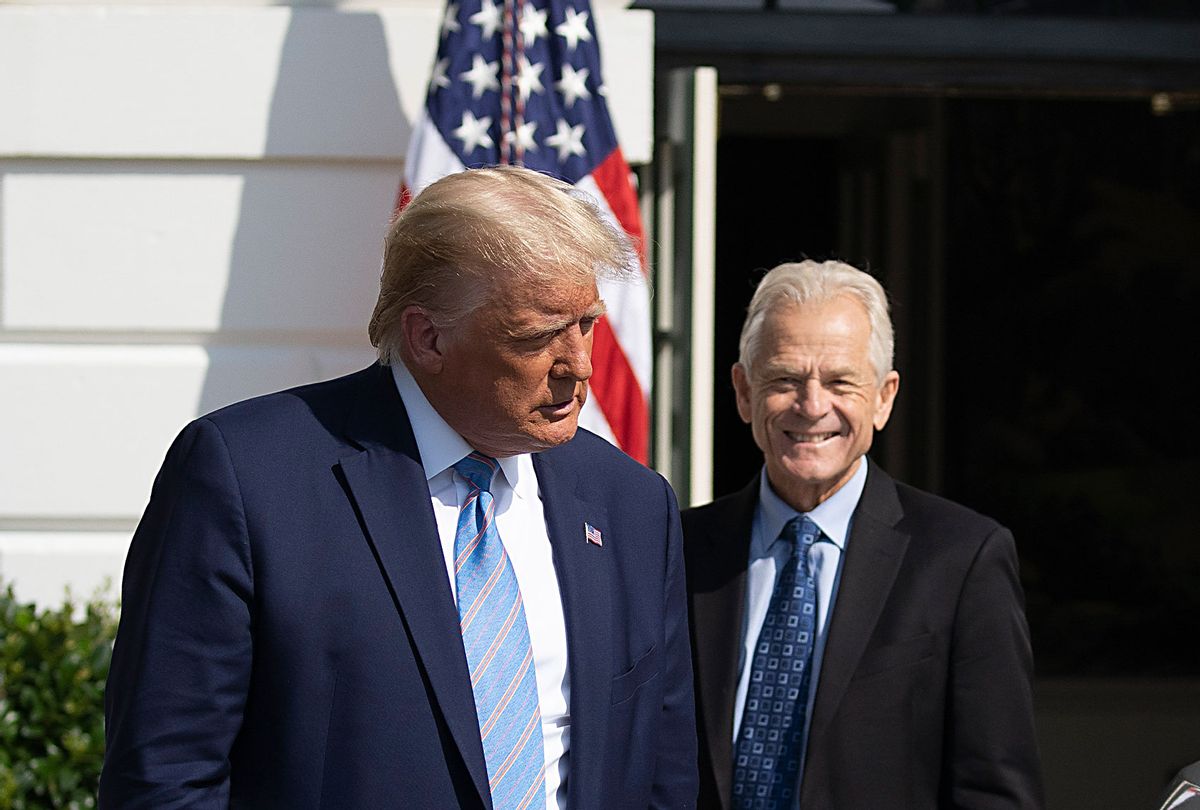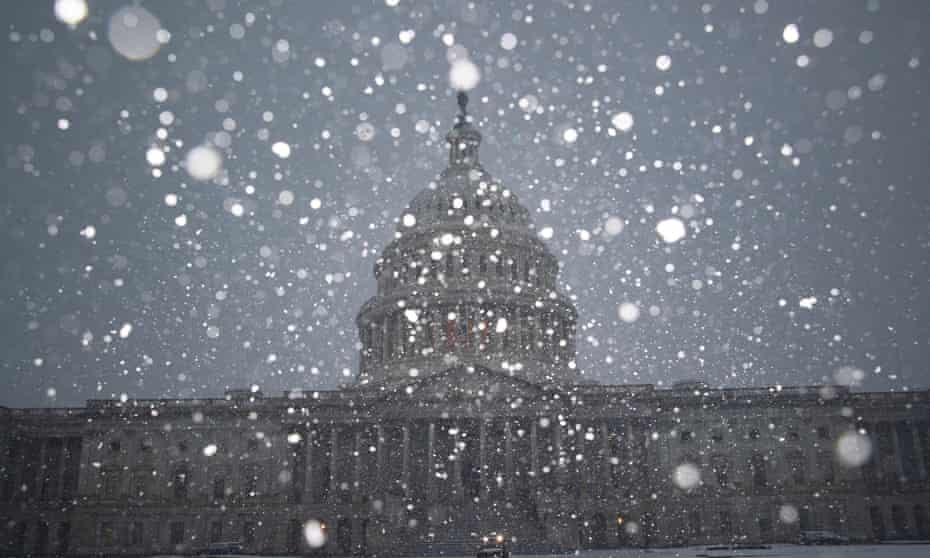January 4, 2022

Internally displaced Afghans are seen in a camp in Balkh, Afghanistan on 13 November 2021 [Sayed Khodaiberdi Sadat/Anadolu Agency]
January 4, 2022
The British government has granted over £700,000 ($950,000) to a company that encouraged Afghans not to escape Afghanistan prior to the Taliban's takeover of the country in August last year, an investigation by the Independent has revealed.
Posing as a non-profit organisation, the Hong Kong-based company, Seefar, reportedly ran online campaigns to advise asylum seekers and potential migrants not to make the journey to Europe and the United Kingdom, citing the dangers and risks that they would face.
Established in 2014, Seefar focused on "the risks of irregular migration" and the importance of "safe and legal alternatives," despite not providing any details of how to claim asylum in the UK or how to apply for a resettlement.
According to the company, it describes itself as "a recognised leader in understanding migration behaviour change", with "extensive experience developing and deploying innovative monitoring and evaluation approaches for irregular migration communication campaigns".
The Independent's investigation has now revealed that Seefar operated through the funding given to it by the British government, with the Home Office providing it with at least £702,000 since 2016. Further sums could have also reportedly been given to the company by the Foreign Office.
The paper cited the Home Office's public spending records, which list 12 separate grants and payments – each of them up to £120,000 ($162,451) – to the company between 2016 and 2018. Those payments are categorised as being under the governmental body's "capability and resources group" or for "advertising, media and publicity".
Between December 2020 and April 2021, over £23,000 ($31,134) was also paid by the Home Office to the social media companies, Facebook and Instagram, in order to push targeted adverts linking to one of Seefar's websites named 'On The Move'. On that site, it told potential migrants viewing it that "You have a choice … Don't risk your life and waste hard-earned money trying to reach the UK."
Despite not officially listing the British government as a donor on that site, it did list its "supporters" as including the governments of the UK, Germany, Australia and the Netherlands, as well as the European Commission.
READ: UK government urged to provide safer routes for refugees
It was between February and December of 2020 that Seefar and its websites specifically focused on a campaign to target migrants from Afghanistan, however, labelling it a "migration communications campaign". In a press release, it announced that the campaign "successfully resulted in more than half of consultees making safer and more informed migration decisions, and avoiding potentially deadly encounters on the journey to Europe".
According to the investigation, the funding has not yet ended: the British government is set to grant Seefar a further £500,000 ($676,777) of public money under a new contract – announced in March last year – for an "organised immigration crime deterrence and influencing communications strategy."
In August, too, the company was awarded another three-year contract to provide a "training provision framework" to a government department that "delivers strategic capability development programmes overseas on behalf of the Home Office".
A spokesman for the Home Office told the paper that "we make no apology for using every possible tool at our disposal to provide potentially lifesaving information to migrants … Highlighting the threats of these deadly journeys is vitally important in making clear that people risk their lives if they turn to people-smugglers." It also backed cited the proposed controversial Nationality and Borders Bill as being able to "fix the broken asylum system. We will welcome people through safe and legal routes whilst preventing abuse of the system".
As the UK government continues to tackle asylum seekers' attempts to cross the English Channel and criminalise smugglers who reportedly enable them, many criticise the government as focusing too much on discouraging migration to the country rather than providing safe alternative routes and speeding up the asylum process.










